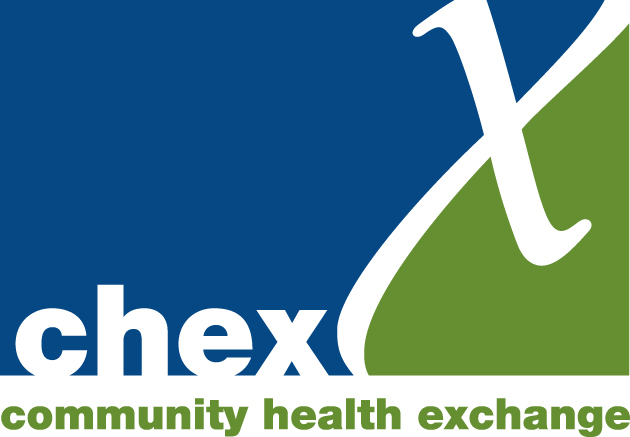What are health inequalities?
Everyone has a right to good health, but in Scotland good health is not equally distributed.
Health inequalities refer to systematic and avoidable differences in health outcomes between different individuals or groups within a population. These differences are generally based on factors such as socioeconomic status, race, ethnicity, gender, and other social determinants of health.
Health inequalities can be seen in many ways. People from poorer communities may experience:
higher rates of chronic illnesses
barriers to accessing healthcare
food insecurity leading to an unhealthy diet
Similarly, people in minority communities may face discrimination, prejudice, and systemic barriers that result in poorer health outcomes.
Addressing health inequalities requires a system-wide approach that tackles these root causes. By addressing the underlying factors, it is possible to reduce health inequalities and create a fairer and healthier society.
How community-led health can make a difference
Our graphic explains how community-led health can tackle health inequalities at a community level and bring people together to work towards a healthier future for their whole community.
Community-led health is a way for people in a community to take joint action to improve things for their community, leading to improved health and wellbeing.

